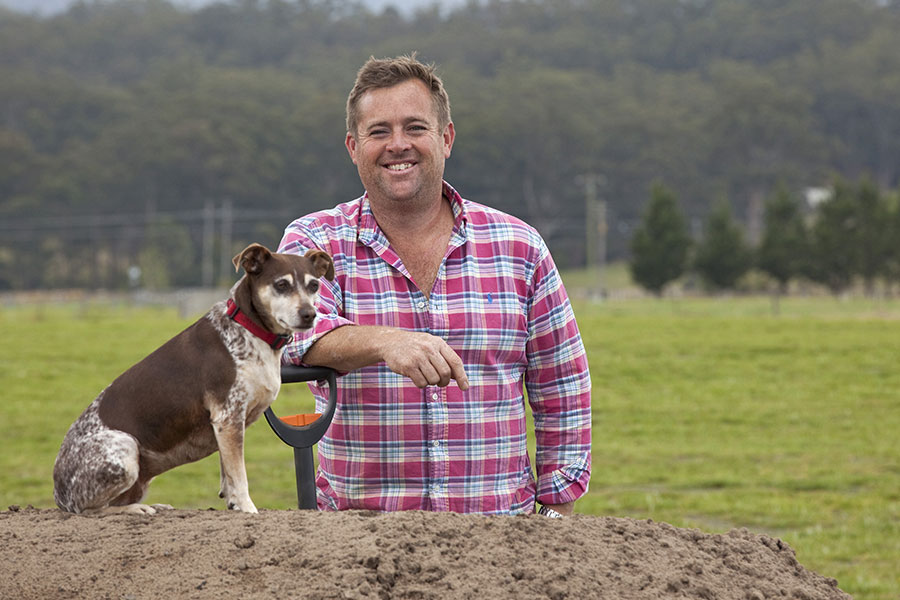How to Top Dress Your Lawn
Top dressing a lawn involves spreading a blended soil mixture up to 1cm thick over the grass surface.

When is top dressing a lawn necessary?
In most cases top dressing is done to correct poor preparation and lack of soil underneath or to fill in low spots and correct uneven areas in the lawn. If your lawn is well fertilised, healthy and even, then you don’t need to worry about top dressing.
How does top dressing help a lawn?
Top dressing brings many benefits to a lawn that is looking a little lacklustre, including helping to reduce the accumulation of dead grass clippings and stems, known as ‘thatch’. It helps to increase nutrient retention, improves drainage and increases disease and pest resistance.
When is the right time to top dress your lawn?
Should only be done during the growing season (this is when you need to mow your lawn weekly) and the earlier in the season the better. Generally late spring to early summer is best.
How to top dress a new lawn
On new lawns top dressing is generally not required, but can be done to fill in any gaps or holes. However we recommend that you leave it for a few months and most of those issues will take care of themselves. Occasionally after a settling period some areas of a new lawn may need a slight correction to desired levels. Fertilise a few weeks prior to top dressing to ensure maximum growth at the time. Use river sand or a top dressing soil mix. Using a higher proportion of organic material for sandy soils is a good idea.
How to top dress an established lawn
For established lawns that need top dressing, prior to doing so mow low with a rotary mower equipped with a catcher. Spread the mix evenly over the desired area, then rake, level lawn or broom it into the lawn profile. Never top dress more than 1cm in a single application, making sure the grass tips are still exposed.

